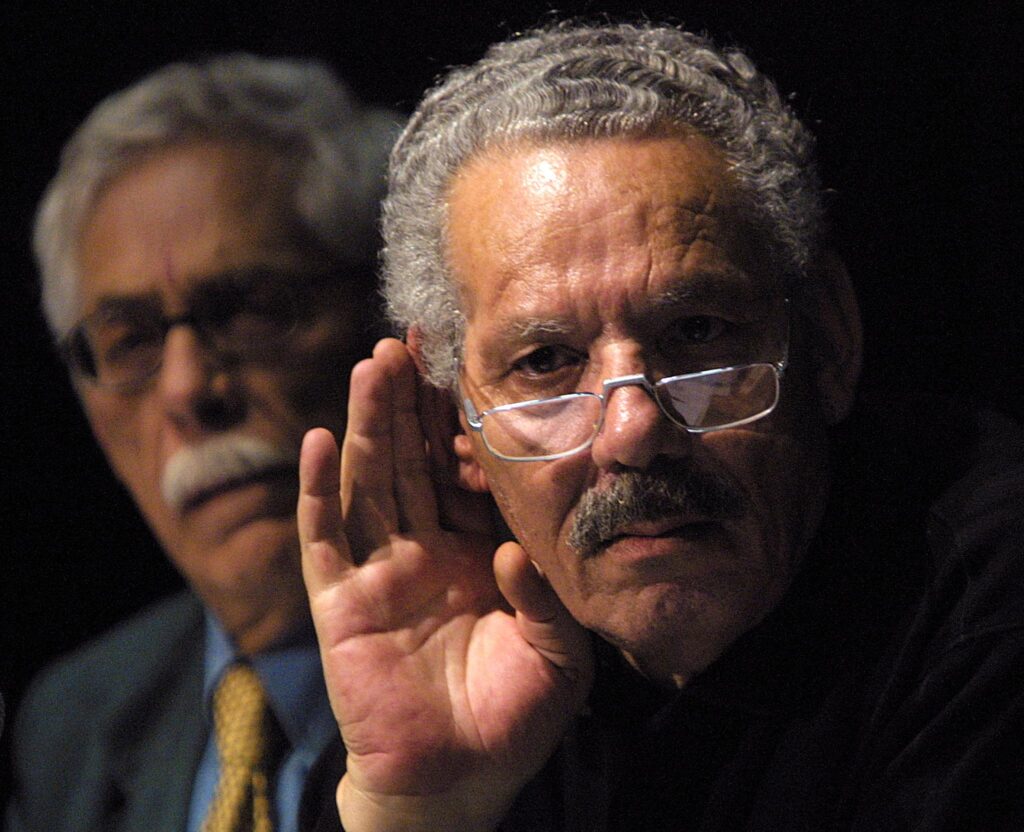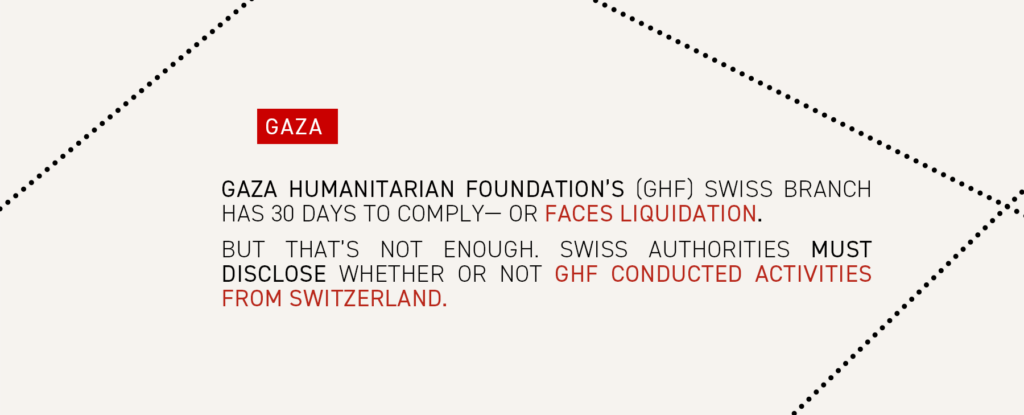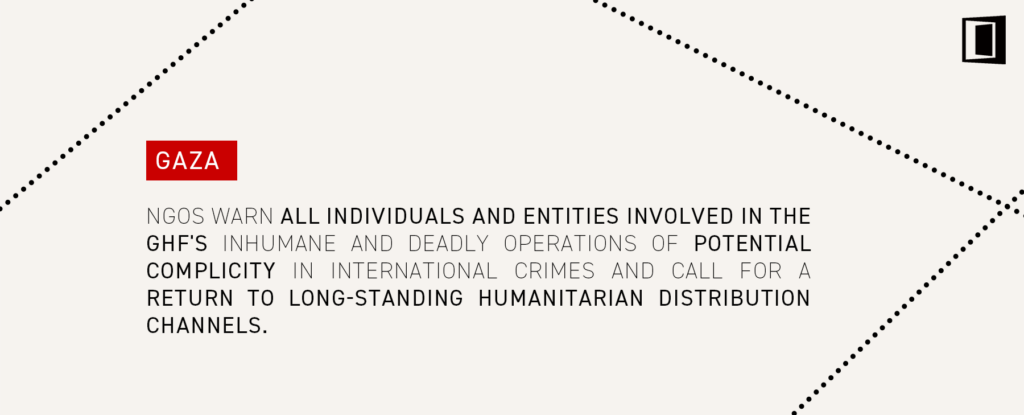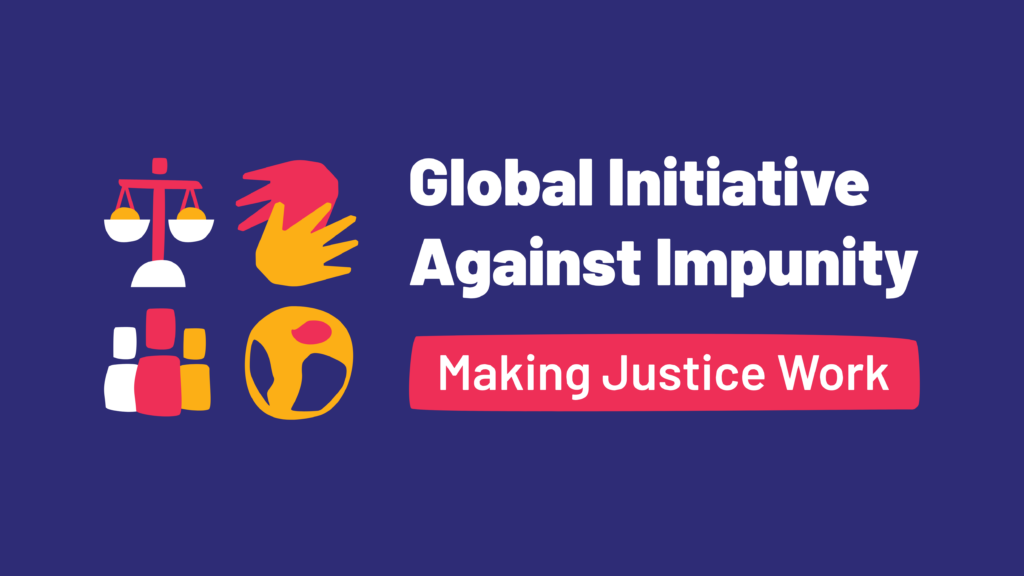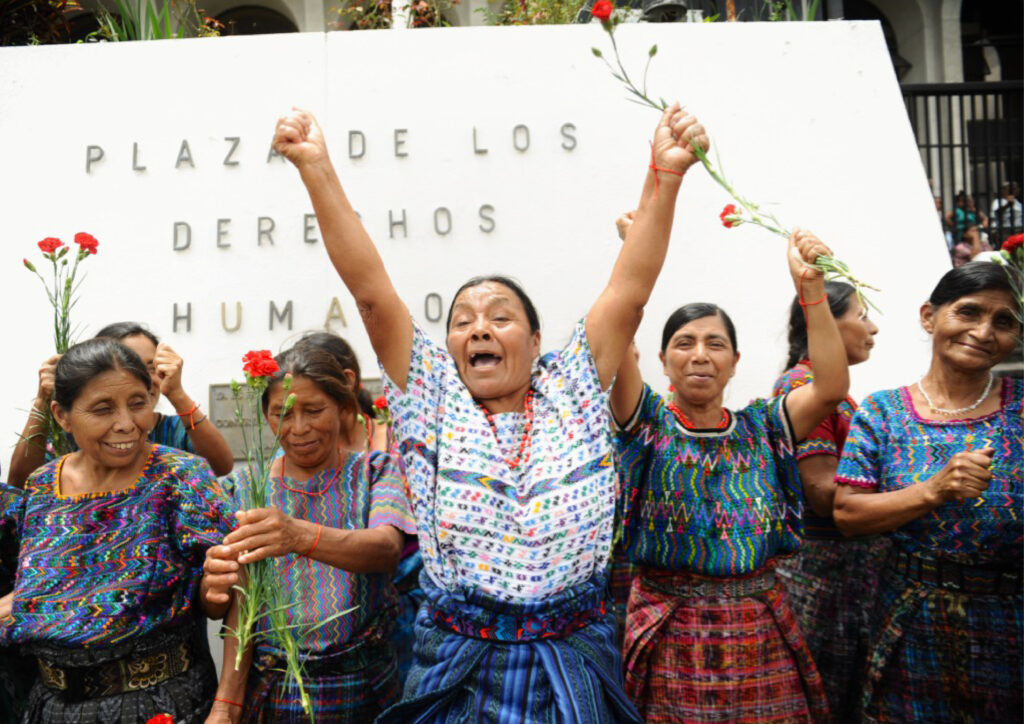The ICC is proof of civil society’s leverage
The International Criminal Court (ICC) celebrates its 15 years of existence. But without a strong network of non-governmental organizations, it may never have existed.
In 1995, 25 human rights organizations founded the Coalition for the International Criminal Court (the Coalition). They were lobbying for the establishment of a permanent court to the top-rank suspects of genocide, war crimes and other international crimes.
Against the odds, this small group grew in size and influence. By the time States started negotiating the founding treaty of the Court, the Coalition counted 800 member NGOs. Today they are over 2’500.
Civil society’s megaphone
The Coalition is a unique network stretched across 150 countries and federating very diverse organizations. By uniting under the same umbrella, they pool resources and multiply their impact.
“We utilize the power of global civil society to maximum effect, ensuring that the voices of both small and large organizations have an impact on the larger landscape” explains Niall Matthews, Head of Communications at the Coalition.
Building momentum for the ICC
Even before the ICC came into being, the Coalition contributed to putting international justice on the global agenda. It drummed up interest among governments and pushed for an international conference to establish the Court.
In July 1998, as States gathered to negotiate the Court’s Statute, civil society represented the biggest delegation, with almost 500 attendants. Legal advisors, media experts, activists all offered their support to participating States to produce the best possible treaty.
The Coalition helped adopt crucial features of the Rome Statute of the International Criminal Court, such as gender sensitivity and victims’ and witnesses’ protection.
A network to inform and denounce
Today, the Coalition pushes for the universal ratification of the Statute. It lobbies States to join the Court – Russia, the US, India and China still haven’t. But equally important is ensuring member States fully integrate the Statute’s dispositions in their national legislation. By offering their legal expertise, NGOs guide and advise States to make their domestic systems compliant with the Court.
NGOs also help the Court gather information and evidence, especially grassroots groups in countries where it has cases. Conversely, it also ensures beneficiaries of the Court (such as victims and witnesses) are kept informed about procedures and their rights.
Finally, the Coalition is aware the Court is facing substantial criticism.
“We acknowledge the imperfections of current international justice efforts and seek solutions to make the system more effective, independent, and accessible” concludes Niall Matthews.
TRIAL International has been a member of the Coalition for the ICC since its creation in 2002. It headed the Swiss Coalition for the ICC from 2004 to 2015.
Read more about the Coalition for the ICC
Read more about international justice

